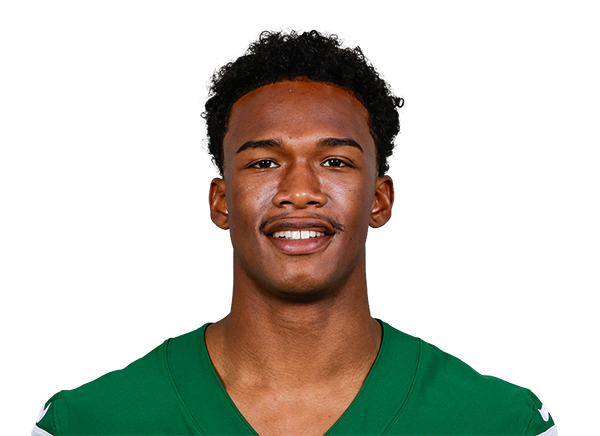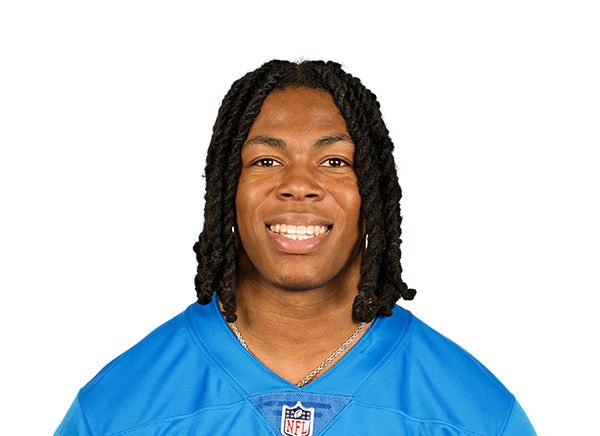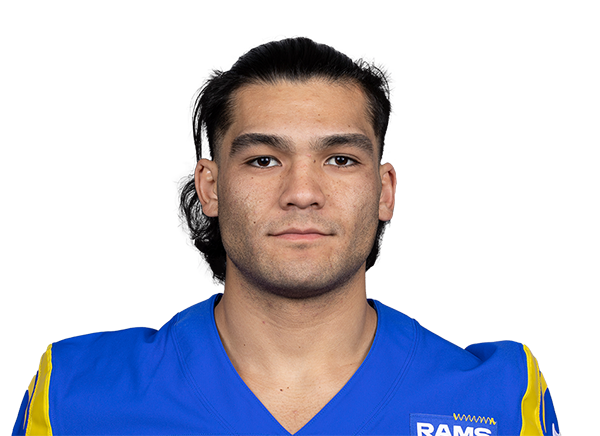Executive Decisions

I think it’s been established by some of my other articles, namely the Hidden Lessons series, that I watch entirely too much television. Joking aside, there are many interesting things we can learn from television, especially during the off-season. I’ve shown you several different lessons we can take away from individual shows, but a truly interesting lesson on how to run our dynasty football teams can be taken away from how television networks conduct their business.
The networks are all about numbers – if a show doesn’t perform with a high enough viewership for its time slot, the network will drop it from its lineup. No matter how much acclaim or promise the show has, it gets cut if it can’t bring in the viewers. I’d be willing to bet that network executives are huge fantasy football fans based solely on the similarity their profession bares to the hobby of fantasy football.
If you’re anything like me, you’ve shown interest in a television show that got dropped from a network lineup half way through a season. You may have loved the show and felt it had such great promise, but unfortunately, you were one of the few who felt that way. Viewers loyal to a canceled show routinely complain their show just wasn’t given a chance and that if the network executives would have just given it a chance they’d be proven wrong eventually. Now, what if someone told you that your quarterback who has thrown for less than 200 yards and more than three interceptions per game should stay in your lineup all year long? If they told you to just give that player a chance to finish out the year, you’d think they were nuts!
I’m here to tell you that if there is one profession out there that is nearly identical to the game of dynasty fantasy football, it’s the job of a network television executive. The parallels are uncanny and the lessons we can learn from how a network executive operates will tell us volumes about how we should run our dynasty fantasy football teams.
The landscape of television viewership is extremely competitive, cutthroat even. While a dynasty fantasy football team might face nine to fifteen competitors in a year, networks face hundreds. If any company knows what it’s like to face competition, it’s a television network. As such, networks have developed several strategies in order to keep up, or even outperform, their competition.
Let’s learn from them.
First, a network needs to decide how it wants to be viewed by its viewers. Some networks choose to focus on variety such as the big four – ABC, CBS, Fox and NBC, others focus on a specific topic such as shopping (QVC), sports (ESPN), news (CNN) or food (The Food Network).
In the fantasy football world, this is akin to a team being balanced at all of their positions with no positions really standing out as a strength, or a team focusing on being strong at a particular position such as two stud running backs or being able to field a team stacked at wide receiver.
The networks that feature a wide variety of programming tend to do better because of the diversification of their audience; if they are good at several things, it tends to yield better results than being great at one thing just as fantasy football teams do.
A well rounded team tends to fare much better than a team that only has one or two stud running backs or a stable of wide receivers who are elite, but are accompanied by little else on the roster. The reason for this is just as it is at television networks, you spread your risk (and hopefully reward) out over multiple options as opposed to putting all your eggs in one basket. This is the same reason people rarely walk up to a roulette table and put all of their money on one number, well most sane people anyways!
Second, networks need to know what show will work on what day. This is the same in fantasy football if you think of days as positions. If a show is a comedy with a good chance of success, NBC might slot that show into its Thursday night lineup. If Fox gets a good animated show, it’s likely to place that show on a Sunday night. The reason for this is simple, those nights are their strengths and they know that. As a dynasty fantasy football owner, you too need to know your strengths and not ignore them. Network executives are constantly assessing and re-assessing their lineups – if a show doesn’t work one night, they’ll try putting another show in its place.
The same should be true with fantasy football. Just like a television network, if your players aren’t performing above average, you need to consider swapping them out for a better performing player. The more players performing above the league average at that position, the better you’re likely to do.
Third, most networks ignore Friday and Saturday nights as they are traditionally dead times where most of their audience are out enjoying the weekend. Think of Fridays and Saturdays as the kickers and team defenses of fantasy football. You’re pretty unlikely to see anything new on Fridays and Saturdays, just as kickers and teams defenses are very unlikely to show you anything new and exciting.
As such, networks rarely worry much about those time slots, just as you shouldn’t worry much about those positions. Sure, network executives will tweak these nights as well but mainly as an afterthought, they aren’t going to place a great deal of time, effort or money into any show in these timeslots. Friday and Saturday night shows churn at an amazing rate, just as you should work the waiver wire at these positions.
As a dynasty fantasy football owner, you can tweak your kicker and team defense positions, but don’t go wild overspending on these positions as no matter who you choose and no matter who your competition chooses, the results all around are likely to be vanilla more often than not.
Sure, a show on Friday or Saturday night might have an amazing episode once in a blue moon, just as a kicker might “go off” or a team defense my absolutely dominate an opposing offense, but these outcomes are rarely predictable and shouldn’t affect your bottom line if you have a strong team, or network.
Fourth, just because a show doesn’t work out on one network doesn’t mean it won’t work somewhere else, the same holds true in fantasy football. One such instance is one we’re all familiar with, Monday Night Football. MNF was on ABC from 1970 to 2005. After 2005, ABC didn’t place the value in Monday Night Football that ESPN did and the franchise moved over to ESPN the following season.
In the world of fantasy football, imagine a team dropping a player who performs well, but just isn’t value to them anymore. Perhaps they want to go a different direction and want to add a running back with potential, but have decided to drop a solid wide receiver who has rarely broken their starting lineup. To another team who may be weak at wide receiver, this player may be much more valuable and might start every week on their lineup.
If a show can help a network’s bottom line, they make a run at it. Fantasy football owners should do the same with a player who can help their bottom line as well. Many, many shows that are very successful have started on one network and ended up on another including Futurama, Diff’rent Strokes, Family Matters and Leave it to Beaver, golly gee Wally, that’s an impressive list!
The lesson here is that good shows are good shows no matter where they air and good players are good players no matter what fantasy team they play on. Don’t be afraid to take a risk on a player just because another team dropped them – your team priorities might just differ.
In a case study of how the real world can teach us the ins and outs of fantasy football, you can’t find a profession that mirrors the setup, value structure, and intricacies much closer than a network television executive. Whether its Nielson ratings or fantasy points scored in a game the outcome is all that matters – beat your competition at all costs!


































































